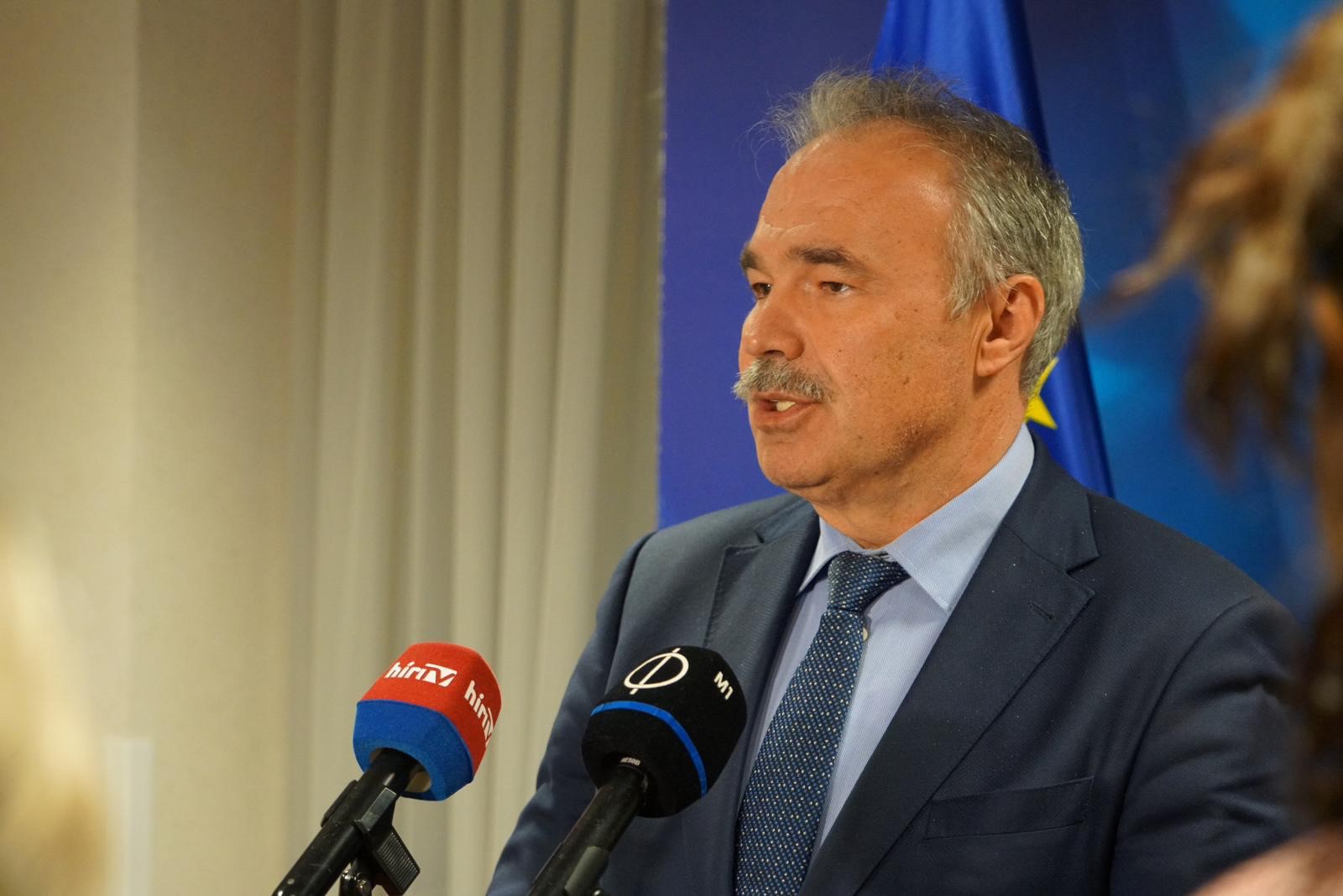Ministers of agriculture exchanged views among others on the market situation, the problems with increasing agricultural imports from Ukraine, the agricultural sensivity of trade agreements and the afri-forestry aspects of the the nature restoration law in their meeting held on 20th of March in Brussels.
Regarding the market situation, Ministers still highlighted the challenges of the instable situation, the increased energy and input costs. Minister István Nagy specifically drew attention to the difficulties related to the increasing agricultural imports from Ukraine. Recalled, that after the outbreak of the war of aggression, it was a common commitment to ensure global food security and establish alternative logistic routes using all relevant routes and so that Ukrainian grain could be transported by land. To this end, the European Union set up the Solidarity Lanes. To the well-functioning of the Solidarity Lanes Hungary is very committed and actively involved. Despite to the aim to ensure grain supply to countries outside Europe, unfortunately a significant part of the incoming crops is sold on the markets of countries bordering with the Ukraine, leading to serious market disruptions. The Commission has acknowledged the problems and indicated that in the possible activation of the agricultural reserve the situation of these countries will be taken into account. Despite this, the Commission proposed such an endorsement of the activation of the agricultural reserve, which only takes into account the difficulties of three countries - Poland, Bulgaria and Romania. Minister István Nagy stressed the need to review the proposal and asked support for the Hungarian farmers.

Ministers discussed the agricultural aspects of the nature restoration law. Minister István Nagy stressed that we simply do not have enough land to reach the restoration targets set by the Commission. There are different sectors competing for the same given area, because more food and more renewable energy need to be produced in such a way, which also takes into account the interests of the environment and biodiversity. This can only be achieved by finding the right and reasonable balance between agricultural aspects and environmental considerations.
Further topics were also discussed such as EU-Mercosur Association Agreement and its agricultural implications, the situation of aquaculture and the protection of pollinators.

